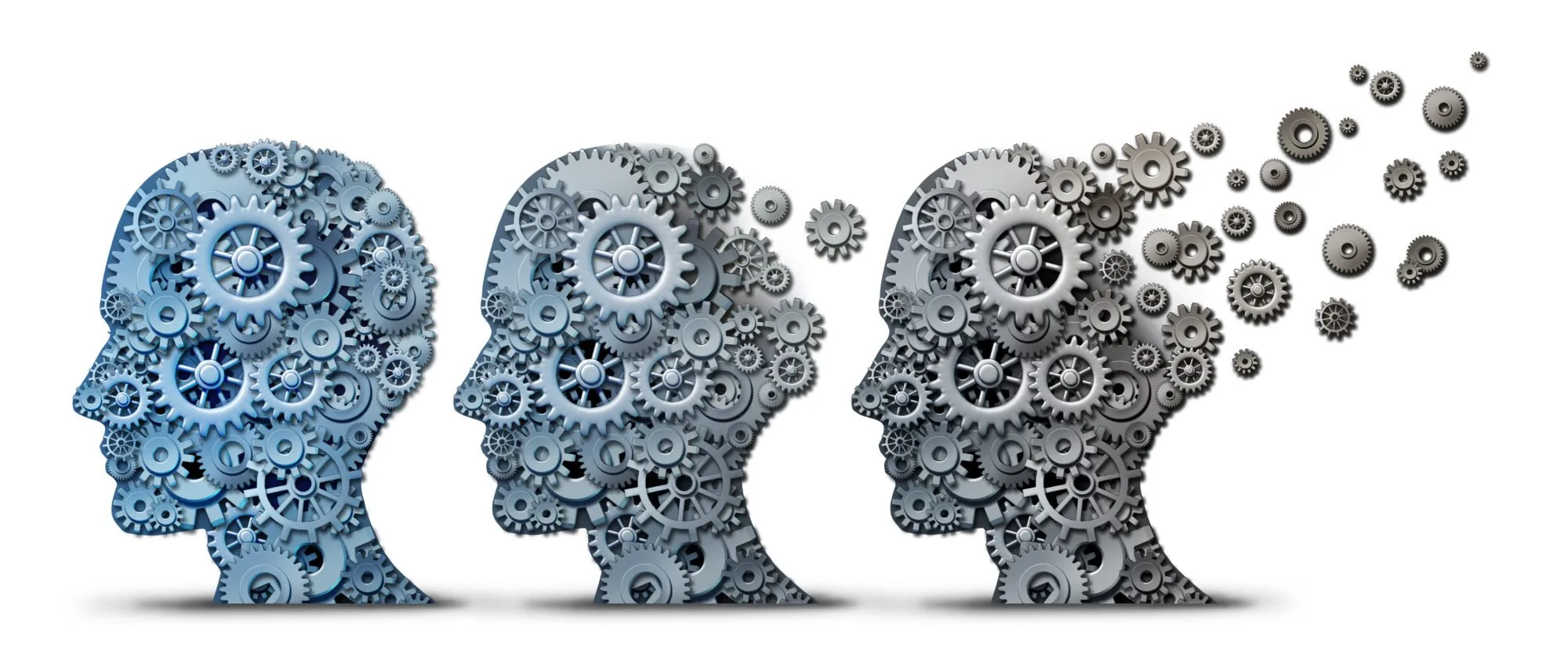Schizophrenia is a common mental health problem affecting millions of people worldwide. Data from the World Health Organization (WHO) shows that schizophrenia impacts about 24 million people worldwide, or 1 in 300. It can be hard to diagnose and treat because it impacts people differently, and symptoms often don’t appear until puberty or young adulthood. Longevity Live Paid Content.
Schizophrenia has several forms, and each type needs different treatment options. Common treatments for schizophrenia include:
- Antipsychotic medications
- Cognitive behavioral therapy (CBT)
- Psychoeducation
- Family intervention
- Social skills training
- Cognitive remediation therapy (CRT)
Antipsychotic Medications
Doctors typically prescribe antipsychotics for schizophrenia. These medications alleviate symptoms such as delusions and hallucinations, and in many cases, they allow people with schizophrenia to live full lives. These drugs work on neurotransmitters in the brain, such as dopamine and serotonin. But antipsychotics do not cure the disorder. They only help with subsiding the symptoms. This means that even if the symptoms reduce and are not severe, you still need to take antipsychotic medications regularly. The signs will become less painful if you continue using the pills regularly. If you miss the medication, the symptoms may arise back.
Understanding the side effects
There are two significant groups of antipsychotics, the first-generation, or “typical” antipsychotics, and the second-generation, or “atypical” antipsychotics.
Antipsychotics can cause side effects including drowsiness, restlessness, tremors (shaking), stiffness or shuffling gait (walking), muscle spasms of the face or tongue, dry mouth, blurry vision, or other visual changes that may mimic a stroke—a condition called tardive dyskinesia. They can also cause problems with sexual arousal. There is an increased risk of diabetes mellitus type 2 in children who take second-generation antipsychotics for more than two years. They can also lead to weight gain and increase the risk of heart disease and death from high blood pressure.
Cognitive Behavioral Therapy (CBT)
Cognitive behavioral therapy (CBT) is a type of psychotherapy that helps people learn to manage their symptoms by changing how they think and behave. It can also help people understand how their thoughts and behaviors affect each other and how these things relate to the surrounding environment.
CBT may include:
- Learn to recognize signs of relapse and warning signs that stress or conflict may be building up
- Practicing relaxation techniques and other strategies for reducing anxiety or depression in situations where it might arise
- Identifying problems early on before they get out of control
Finding a professional and experienced therapist in your locality is essential to help a patient with CBT effectively. This is because while teletherapy is an option, meeting with the therapist in person can have a more significant positive impact. This can also help the therapist monitor your medication along with CBT. Thus, they can help prevent you from consuming any inappropriate drugs. If for example you live in California, you should look for therapists in California. Similarly, if you are in Florida, look for local therapists there.
Psycho-education

Monkey Business Images/Shutterstock
Psycho-education is a form of therapy that provides the patient with information about their illness, how it works and how to prevent it from returning. Patients must understand what happens to the brain during schizophrenia and how their symptoms can be treated. The doctor or therapist will explain the treatment plan and answer any questions the patient may have.
It’s essential that patients know they can work with their doctors to improve their condition by taking medications as prescribed and receiving regular counseling sessions. Psycho-education in combination with antipsychotics has been effective in treating patients.
Family Intervention
Family interventions are designed to help families learn how to support their loved ones with schizophrenia. They cover topics such as:
- How to understand the illness
- How to manage illness
- How to cope with illness
- How and when it’s best for family members or caregivers to step in and help, or at what point it might be better for them not to intervene
A meta-analysis in The Lancet Psychiatry has found that family interventions are effective tools for preventing relapse in patients with schizophrenia.
Social Skills Training

Photo by Gustavo Fring from Pexels
Social skills training is a therapy that teaches people with schizophrenia how to recognize and respond appropriately to social cues. The goal is for patients to learn how to make and maintain healthy relationships, manage stress and anxiety, develop good self-esteem, and cope with the symptoms of schizophrenia.
Social skills training can be done in groups or individually. During social skills training sessions, you may practice role-playing or other techniques that allow you to interact with someone while your therapist observes what happens. You’ll also discuss any challenges with specific behaviors, such as talking too much or failing to contribute to conversations.
Other activities might include conversation exercises, brainstorming ways that others can help you feel more comfortable interacting with people, practicing interacting outside of therapy sessions, etc.
Cognitive Remediation Therapy (CRT)
Cognitive remediation therapy (CRT), also called cognitive remediation and rehabilitation, is a form of psychotherapy that aims to improve cognitive skills. The cognitive skills are those related to thinking, such as memory and attention.
CRT can be used alone or in combination with other therapies for schizophrenia. When used alone, it may help improve a person’s ability to have relationships with others and manage their symptoms better. When used with medication and CBT, it may help people recover more quickly from their symptoms after being hospitalized for another reason. For example, if they had an episode. This could reduce the risk of future hospitalizations, or prevent relapses after initial recovery from an episode.
Conclusion
Schizophrenia is a severe mental illness, but it’s also one that can be treated. According to the World Health Organization, about one-third of people with schizophrenia can recover completely. You don’t have to suffer with this condition alone—even if you’re faced with complex symptoms, there are options for treatment and recovery.
NOTE: While this post is meant to provide a general guideline to the reader, it is not intended as a diagnosis or medical advice. Please consult a specialist medical advisor when it comes to choices around any therapy medication, supplementation or other health requirements relating to this condition.



![women [longevity live]](https://longevitylive.com/wp-content/uploads/2020/01/photo-of-women-walking-down-the-street-1116984-100x100.jpg)










